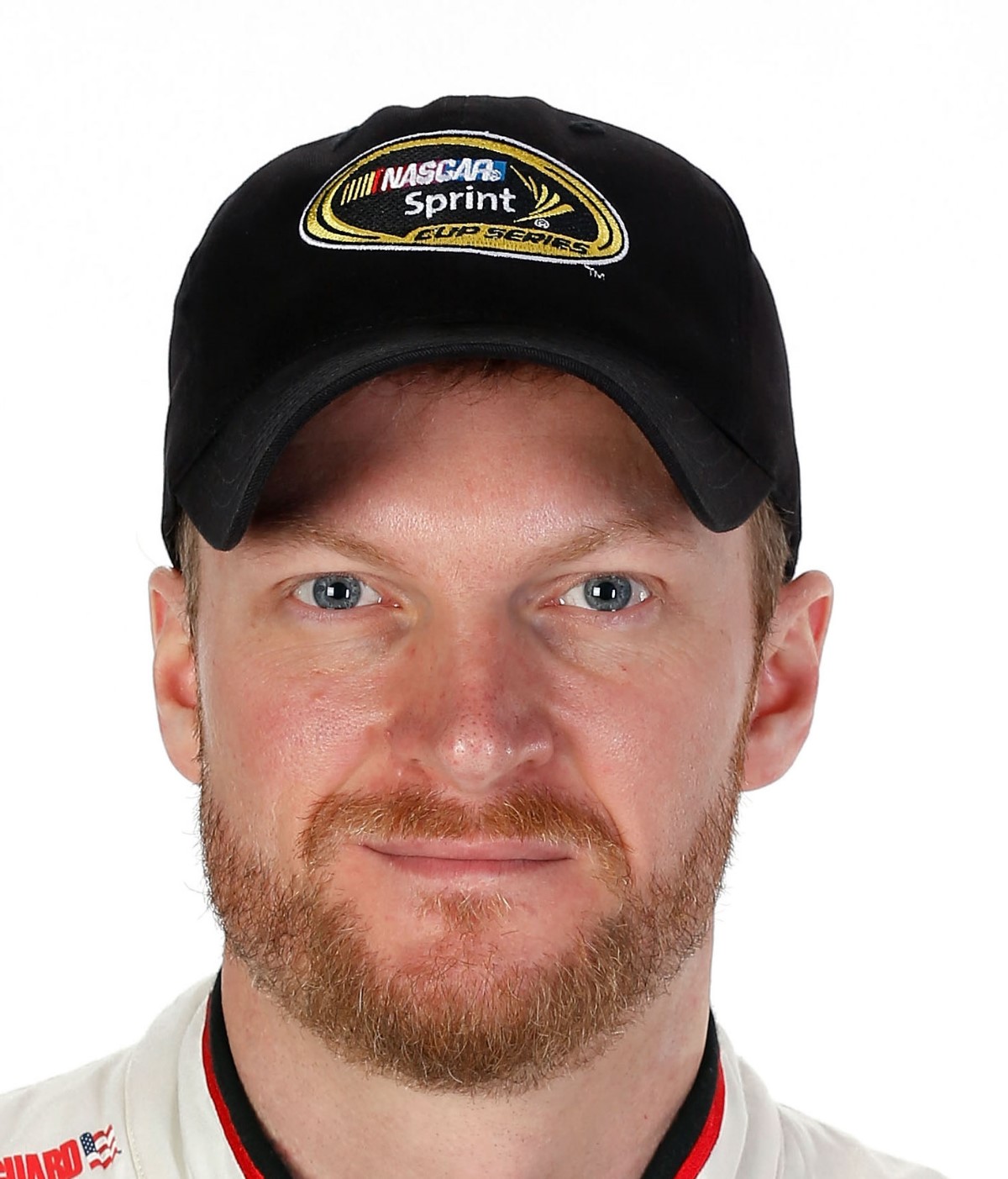NASCAR drivers encouraged to take ImPACT test
 |
| Dale Jr. His father Dale Sr. was killed because NASCAR was slow to mandate the HANS Device. History repeats itself as NASCAR is slow to mandate the ImPACT test. |
NASCAR has told drivers that they should consider taking a baseline neurological test this year in case NASCAR makes it mandatory in 2014.
At least one driver, Jeff Gordon, has taken them up on that suggestion.
Gordon underwent an ImPACT test —Immediate Postconcussion Assessment and Cognitive Testing— earlier this week. The 20-minute test measures a range of neurocognitive functions, including memory, reaction time, attention span, and other cognitive abilities, according to the IndyCar Series, which requires one for its drivers every two years.
NASCAR spokesman Kerry Tharp said Thursday that drivers were encouraged to take the test with the chance that it would be mandatory in 2014.
If a driver suffers a head injury, doctors perform the test again to determine the severity.
“There's a potential for it to be mandatory in the future — to me why not go ahead and get ahead of the game?" Gordon said. “Plus I'd rather have it before the season starts, before the potential of having a head injury, to get a baseline."
Dale Earnhardt Jr. had the test done last year after he suffered two concussions in a six-week span and missed two races during his recovery.
Earnhardt said the test should be mandatory.
“It makes perfect sense to make it mandatory," Earnhardt said. “I think it was nice of them to look into ways they could protect us from ourselves really. … You take the test to get a baseline because everybody is different."
Earnhardt suffered an initial concussion in August at Kansas Speedway. He continued racing, however, and suffered another concussion during a crash at Talladega Superspeedway in October, causing him to miss two Chase races.
With the potential for NASCAR to use the information to sideline a driver, NASCAR is giving them this season to learn more about the test.
Jeff Burton, one of the veteran voices on safety issues in the Sprint Cup garage, said he still wants more information before taking it.
“The interpretation to the results I think is everybody’s concern," Burton said. “Nobody wants to drive in a condition they shouldn’t drive it, but I think we all feel like we are our own best judge to determine if we should drive or not, from an ability standpoint. … How they implement it, how it is judged, how it is scored — all those things — are to me, specifics that I want to understand."
Burton stressed that it wasn’t a matter of not trusting a NASCAR decision but merely how the results could impact his racing.
“I don’t have this belief in that NASCAR wants to sit a driver down just for the fun of it," Burton said. “I don’t think that they would do something except only in the incident that there is no other choice.
“But then again, it is a mechanism that could be used to make a decision. I want to understand exactly how it is used." Earnhardt said the test is easy to take but difficult to get through.
“The test is really simple and it's pretty straightforward," Earnhardt said. “You sit at a computer for about 30 minutes answering a series of questions. It tests short-term and long-term memory, a lot of different variables, a lot of different things of the mechanics of the brain, what the brain does.
“It sort of tests how competent you are through a series of different things. It's a really, really hard test. Even if you don't have a concussion, taking the test can be difficult."
Gordon said drivers should feel the need to do it without it being mandatory.
“It was kind of fun to do," Gordon said. “I tell you, it was stressful. It makes you think really hard. Haven't had to think that hard in a while, maybe other than the closing laps of a Talladega or Daytona race.
“Other than that, it went pretty smooth." Sporting News
